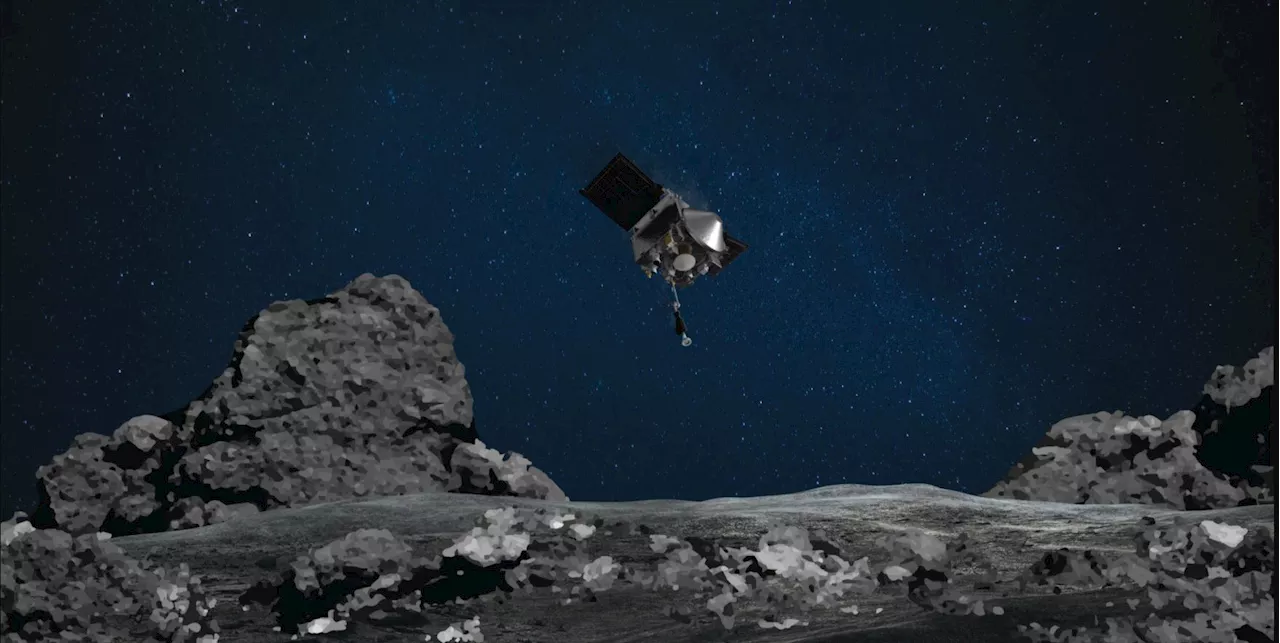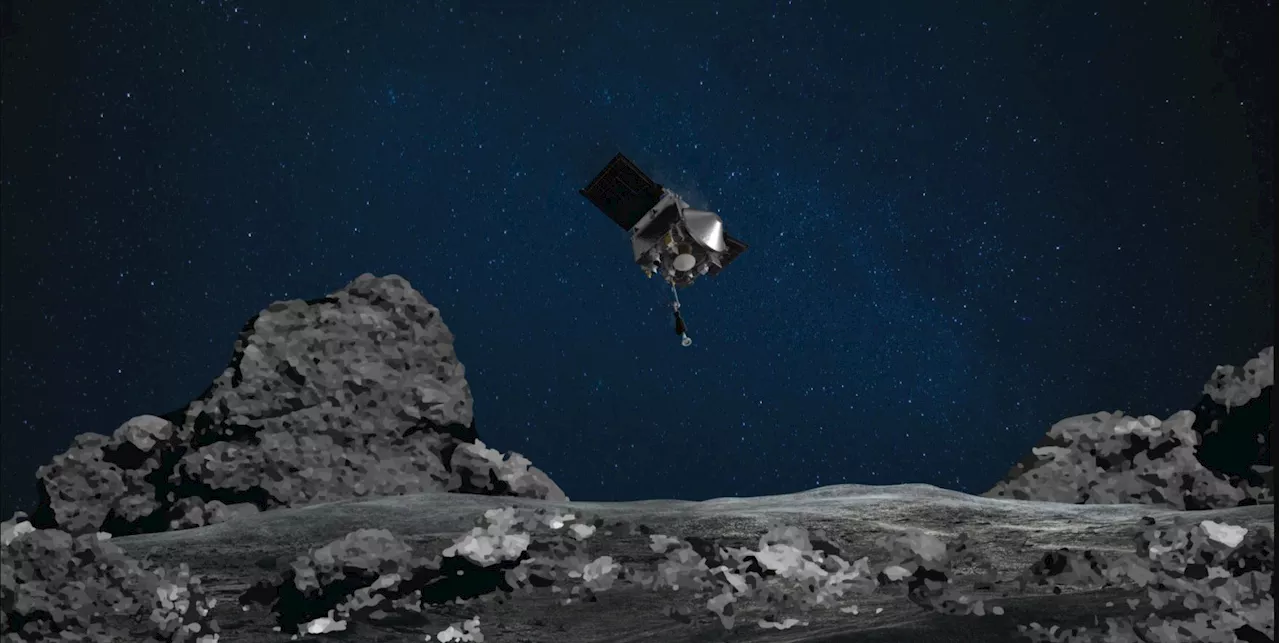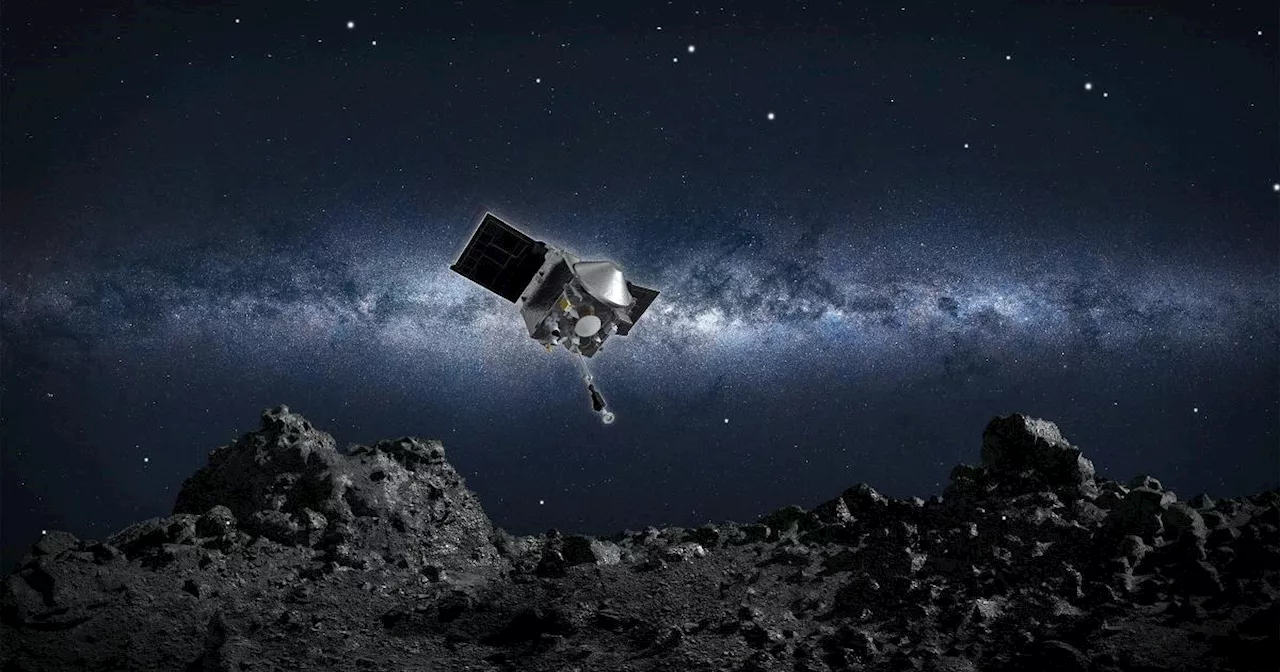A study simulated the potential damage if Bennu, a potentially hazardous asteroid, collided with Earth. The impact could trigger a sudden onset of winter, cause global food shortages, and disrupt the planet's climate for several years.
On September 24, 2182, a relatively large space rock has a 0.037% chance of crashing onto the surface of Earth. Although the chances of impact are slim, Bennu is still one of the most potentially hazardous known asteroids in our solar system, and we need to be prepared for what could come. A first-of-its-kind study simulated the planet-wide damage that would be caused by Bennu ’s unlikely impact, leading to a sudden onset of winter and global food shortages.
Axel Timmermann, director of the IBS Center for Climate Physics at Pusan National University in South Korea, and co-author of the study, said in an emailed statement. “ The collision would inject 100 million to 400 million tons of dust into the upper atmosphere, the team concluded, impacting the global climate, atmospheric chemistry, and photosynthesis of terrestrial plants, as well as plankton in the ocean.
Space ASTEROID Bennu Impact Climate Change Food Security
United States Latest News, United States Headlines
Similar News:You can also read news stories similar to this one that we have collected from other news sources.
 Bennu Asteroid Impact Simulation Reveals Devastating Global ConsequencesA new study simulates the impact of asteroid Bennu on Earth, predicting catastrophic consequences for climate, ecosystems, and global food security.
Bennu Asteroid Impact Simulation Reveals Devastating Global ConsequencesA new study simulates the impact of asteroid Bennu on Earth, predicting catastrophic consequences for climate, ecosystems, and global food security.
Read more »
 The Building Blocks for Life Found in Asteroid Bennu SamplesSpace and astronomy news
The Building Blocks for Life Found in Asteroid Bennu SamplesSpace and astronomy news
Read more »
 OSIRIS-REx Mission Reveals Building Blocks of Life in Asteroid Bennu SamplesNASA's OSIRIS-REx mission returned the largest sample of asteroid material ever collected, revealing molecules crucial for life on Earth. Analysis of the Bennu samples identified 14 of the 20 amino acids used by Earth organisms, five nitrogenous bases essential for DNA and RNA, and high concentrations of ammonia and formaldehyde, precursors to amino acids. These findings support the theory that asteroids may have delivered the building blocks of life to our planet billions of years ago.
OSIRIS-REx Mission Reveals Building Blocks of Life in Asteroid Bennu SamplesNASA's OSIRIS-REx mission returned the largest sample of asteroid material ever collected, revealing molecules crucial for life on Earth. Analysis of the Bennu samples identified 14 of the 20 amino acids used by Earth organisms, five nitrogenous bases essential for DNA and RNA, and high concentrations of ammonia and formaldehyde, precursors to amino acids. These findings support the theory that asteroids may have delivered the building blocks of life to our planet billions of years ago.
Read more »
 Building Blocks of Life Found in Asteroid Bennu SampleScientists studying a sample from asteroid Bennu have discovered 14 of the 20 amino acids essential for life on Earth, suggesting the conditions for life's emergence are present beyond our planet. The sample also contains minerals indicating a past presence of saltwater, a crucial medium for these compounds to interact.
Building Blocks of Life Found in Asteroid Bennu SampleScientists studying a sample from asteroid Bennu have discovered 14 of the 20 amino acids essential for life on Earth, suggesting the conditions for life's emergence are present beyond our planet. The sample also contains minerals indicating a past presence of saltwater, a crucial medium for these compounds to interact.
Read more »
 Asteroid Bennu Yields Secrets of Life's OriginsNASA's Osiris-Rex mission brought back samples from asteroid Bennu, revealing sodium-rich minerals and amino acids. These findings suggest asteroids might have delivered the building blocks of life to Earth and that these ingredients interacted with water early in our planet's history.
Asteroid Bennu Yields Secrets of Life's OriginsNASA's Osiris-Rex mission brought back samples from asteroid Bennu, revealing sodium-rich minerals and amino acids. These findings suggest asteroids might have delivered the building blocks of life to Earth and that these ingredients interacted with water early in our planet's history.
Read more »
 Asteroid Bennu Holds Salty Clues to Earth's Ancient Water World and Origin of LifeNASA's Osiris-Rex mission brought back samples from asteroid Bennu, revealing sodium-rich minerals, amino acids, and even parts of the genetic code. Scientists believe these ingredients, combined with water, may have played a crucial role in the emergence of life on Earth billions of years ago.
Asteroid Bennu Holds Salty Clues to Earth's Ancient Water World and Origin of LifeNASA's Osiris-Rex mission brought back samples from asteroid Bennu, revealing sodium-rich minerals, amino acids, and even parts of the genetic code. Scientists believe these ingredients, combined with water, may have played a crucial role in the emergence of life on Earth billions of years ago.
Read more »
